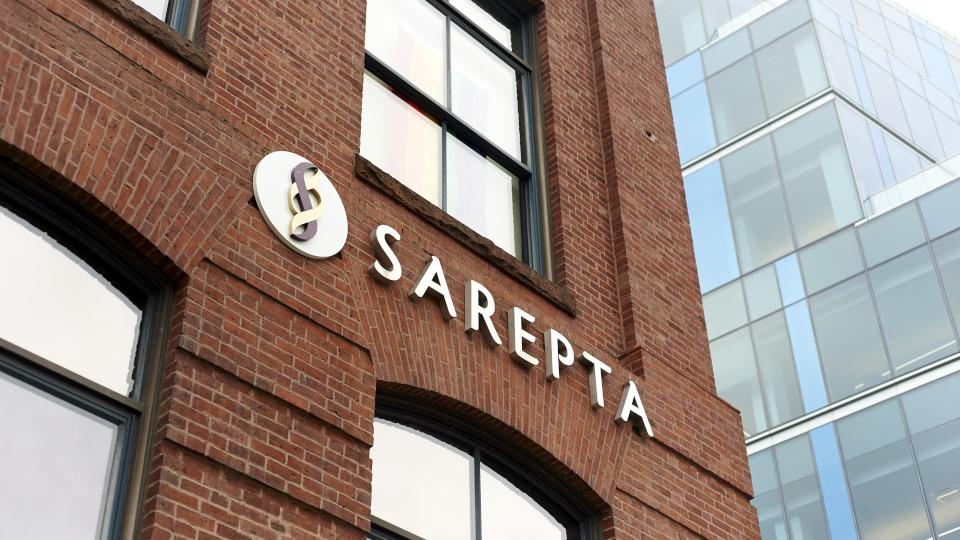Despite trial miss, Sarepta plans new filing for DMD therapy

Sarepta Therapeutics’ gene therapy for Duchenne muscular dystrophy has failed to meet its primary objective in a phase 3 trial, but the company says it will file to extend the use of the medicine regardless.
The EMBARK study of Elevidys (delandistrogene moxeparvovec) was designed to support the expansion of the label for the recently approved gene therapy to include all ambulatory DMD patients, rather than its current age range of four to five.
Compared to placebo, there was an increase on the North Star Ambulatory Assessment (NSAA) scale, widely used to measure motor function in patients aged four to seven with the muscle-wasting disease at 52 weeks, but the difference was not statistically significant.
There were, however, significant improvements on secondary measures, including time to rise and a 10-metre walk test that, according to Sarepta, were “evidence of a clinically meaningful benefit” with Elevidys across the age range of enrolled patients with no new safety signals.
The company said the data support filing to extend the eligible patient population for the gene therapy, adding that the FDA has “indicated openness to reviewing the data for label expansion based on the totality of evidence from EMBARK.”
Elevidys became the first and only gene therapy to be approved for DMD by the FDA in June, after considerable delays and a close FDA advisory committee vote, although its label was much narrower than Sarepta and commercial partner Roche had hoped.
It is the first treatment that promises to alter the course of the fatal disease by treating the underlying cause of DMD with an adeno-associated virus (AAV) vector that delivers functional dystrophin, the protein deficient in the disease.
DMD is an X-linked genetic condition that occurs primarily in males and generally results in death sometime in their 30s.
Elevidys offers a one-shot therapy for the disease, with a price tag of $3.2 million, whereas other drugs to treat DMD, including Sarepta’s own exon-skipping range for patients with specific mutations, need to be administered weekly.
The accelerated approval for Elevidys was contingent on a confirmatory trial, and EMBARK was designed to fulfil that role as well as potentially remove the age restriction. Sarepta seems confident that despite the missed primary endpoint, it can still achieve that objective.
Roche acquired commercial rights to Elevidys outside the US under a 2019 deal with Sarepta, and some analysts have predicted that sales of the treatment could eventually reach $2 billion to $4 billion, although that would require approval for use in all ambulatory DMD patients.
At the moment, the label covers only around 400 patients per year, and it is estimated that about 20,000 children are diagnosed with DMD globally each year.













